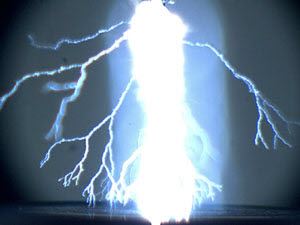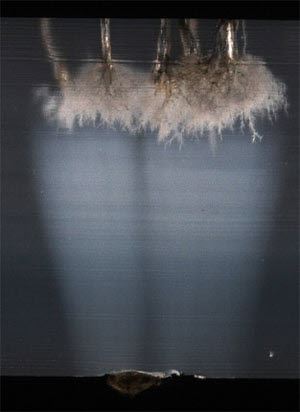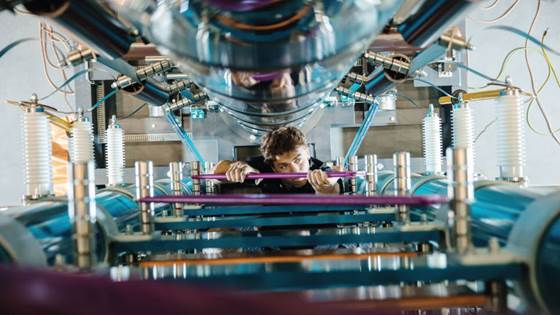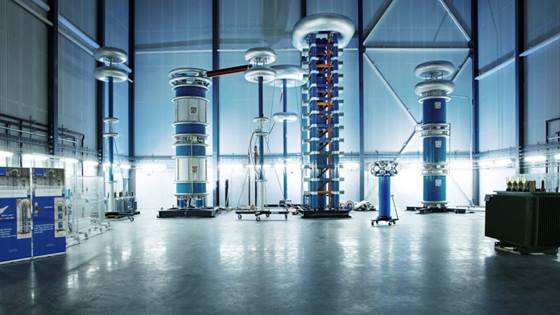The effect of many parameters/mechanisms needs to be carefully assessed when designing electrical insulation systems. In particular the effect of humidity, temperature, pollution/contaminants, mechanical and electrical stress, and external pressure need to be assessed in order to assure high reliability of the insulation system.
Our services:
SINTEF has a long track record of testing electrical insulation systems under realistic and accelerated conditions. We cooperate with leading manufacturers to develop new/improve existing insulation systems for a wide range of components (transformers, engines, generators, cables etc.). Our modern laboratory facilities enable us to perform characterization of key properties (mechanical, thermal and electrical properties) for the materials that comprise the insulation system. Numerical computations, based on accurate material characterization, can also be performed at SINTEF. Such computations/simulations can yield detailed information on the mechanical, thermal and electrical stress that the systems are subjected to.


Tasks:
- Research on degradation and failure mechanisms of electrical insulation systems, in order to prolong life and increase reliability of such systems.
- Research on the effect of pressure (up to 1000 Bar) on ageing and failure of systems subjected to current and voltage.
- Material characterization of the materials in the insulation systems (electrical, thermal and mechanical properties)
- Numerical modelling of electrical insulation systems to optimize design/find potential weaknesses, and investigate the cause of failures.
- Design and testing of insulation system models before development of full-scale electrical insulation systems.
- Type-tests on full scale electrical insulation systems.
Status:
- SINTEF have laboratories and equipment for testing of high voltage AC and DC equipment, and for characterization of the materials that are part of the electrical insulation systems
- SINTEF has experience in design of model systems for research on the phenomena that lead to ageing and failure of electrical insulation systems
- Our laboratories are equipped with pressure vessels where hydrostatic and other pressurized tests can be performed; both on small scale models and on full size systems (test objects exposed to both current and high voltage during the pressure tests).



